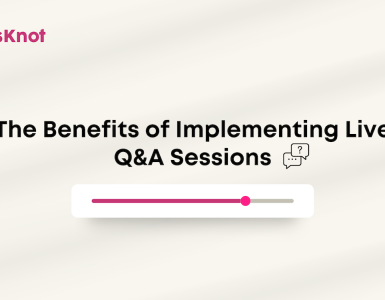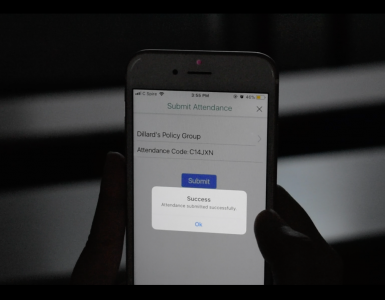Learning Management Systems–or LMS for short–are ubiquitous in nearly any industry that involves an educational exchange. Although LMSs have been around for a while, their transition to electronic media was a natural progression with the internet’s advent. Easy to use, highly scalable, and a medium for hosting and disseminating information, LMSs offered any educational setting the advantage of learning made increasingly accessible over time. Today, it’s unthinkable to not associate computers and smartphones with the use of an LMS, whether it be in a corporate or a more traditional classroom atmosphere. But the question still remains, how does an LMS affect engagement?
Engagement is hugely dependent on continuous interaction with course material.
Engagement is hugely dependent on continuous interaction with course material. According to a study, LMS systems are 2 out of 10 predictors for retention of first-year students. The reinforcement provided by always-on access to educational materials can really help students retain material outside of the classroom and help stop students from falling behind and struggling to catch up later on. In another paper that discusses the relationship between LMSs and student success, it was found that there is a positive correlation between on-campus LMS use and off-campus student interaction with course material. Using an LMS system can help educators keep students engaged outside the classroom by making it accessible and easy to reinforce learning. That being said, is it possible that an LMS could have the opposite effect on students?
Students have individual needs that cannot always be met by a standardized platform.
Students have individual needs that cannot always be met by a standardized platform. It is possible that certain students don’t have the necessary means to work with a technology-dependent learning platform and might end up feeling isolated. Also, the logistics of choosing and implementing an LMS are often not in the hands of the student-facing professionals–educators. When decisions are made by higher-ups, students’ varying needs might be overlooked in favor of using a system that prioritizes efficiency. This can lead to intricacies of students, educators, and coursework being lost in translation. Finally, LMS systems can fail to facilitate classroom interaction. It’s well known that participation is essential to learning better and applying the knowledge gained during a class. This is usually difficult to implement with a standard institution-level system shared between educators. This when the need for a learning engagement system arises.
Like most technology, success depends on how it’s used more than what it can do. With that in mind, here are a few helpful tips to get the most out of your LMS:
Make sure to be mindful of the needs of students.
Pay close attention to how students interact with the material. It’s possible that some students don’t have the necessary means to access material online and need additional help in working within an online environment.
Combine online learning with an in-class activity
Having access to material is not the same as actively engaging with it to learn better. Models such as flipped learning can encourage students and educators to learn outside the classroom and apply it during class.
Figure out what works best for you
Every class is different, and so is every educator. Figuring out what works best for you can really help you design a curriculum that combines technology’s strengths with your personal teaching style to create an engaging classroom environment.
Remember that technology isn’t perfect.
Sometimes an LMS just won’t work for you or your students. While it helps institutions cut down on costs, LMSs are specialized in offering a shared platform for educators that sometimes compromises on customizability. Consider combining an LMS with a more novel approach to learning to boost engagement.
Learn how to boost your LMS performance here.





745 comments